A warm welcome to six new ITS Fellows
We are happy to announce that the ITS scientific team will be enlarged by five new Junior and Advanced Fellows by September 2021. Yunan Yang will join the institute in January 2022.
Junior Fellows
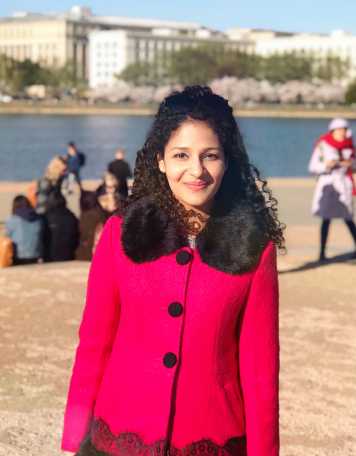
Rhea Palak Bakshi received her PhD in Mathematics from the George Washington University in May 2021 under the supervision of Józef H. Przytycki. Her research interests are in knot theory, low–dimensional topology, and algebraic and quantum invariants of manifolds. Her work focuses primarily on the study of skein modules and skein algebras of 3–manifolds and the Topological Quantum Field Theoretic description of the Witten–Reshetikhin–Turaev 3–manifold invariant. She is the coauthor of a scholarly book on knot theory where her chapters are devoted to the study of 3-manifold topology and skein modules. She is also a coauthor of two chapters in the Encyclopedia of Knot Theory.
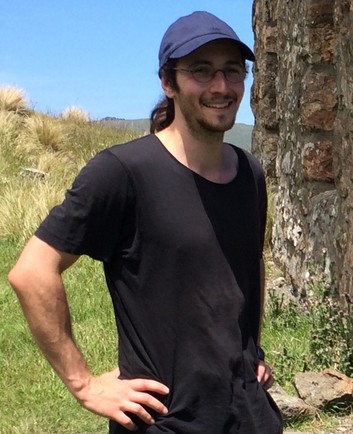
François Bienvenu received his PhD in mathematics from Sorbonne Université in 2019 under the supervision of Amaury Lambert. His research interests are centered on applications of discrete probability (in particular, random trees and random graphs) to ecology and evolution. He has worked on developing methods to study the genealogical structure of populations and theoretical models to describe the structure and dynamics of the tree of life.
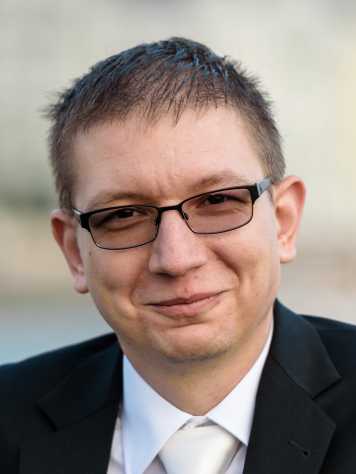
Sándor Kisfaludi-Bak received his PhD in Computer Science from TU Eindhoven in 2019. His main field of interest is computational geometry: more specifically, he is interested in understanding how geometric constraints impact the computational hardness of problems, both in exact and approximation algorithms. His dissertation focused on finding faster algorithms and proving matching complexity-theoretic lower bounds for fundamental problems, including geometric variants of the traveling salesman problem.
Advanced Fellows
Michael Borinsky's research is centered around quantum field theory, which is the mathematical language in which the laws of nature at the smallest scales are formulated. He uses modern mathematical tools to enhance the physical understanding and expressiveness of this theory, but also applies it to answer questions in purely mathematical contexts as for instance in topology or combinatorics. He received his PhD from Humboldt University Berlin in 2018 under the supervision of Dirk Kreimer and continued his research as a postdoc at Nikhef in Amsterdam until 2021.
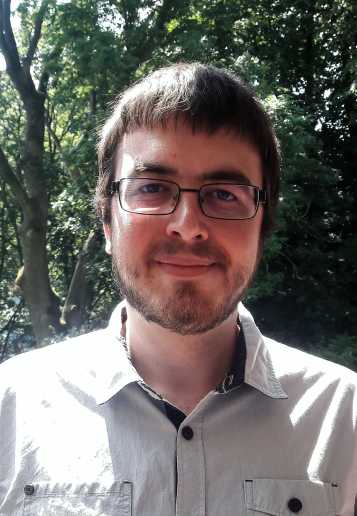
Sylvain Lacroix received his PhD in theoretical physics from the École Normale Supérieure de Lyon in July 2018, under the supervision of Marc Magro and Benoît Vicedo, and later held a postdoctoral position at the University of Hamburg, in the research group of Gleb Arutyunov. His main domain of research is the theory of integrable systems, which are physical models with a high number of symmetries, and their applications to the development of exact methods in the study of classical and quantum field theories. In particular, he has worked on a class of integrable systems called Gaudin models and their relations with integrable sigma-models and conformal field theories.
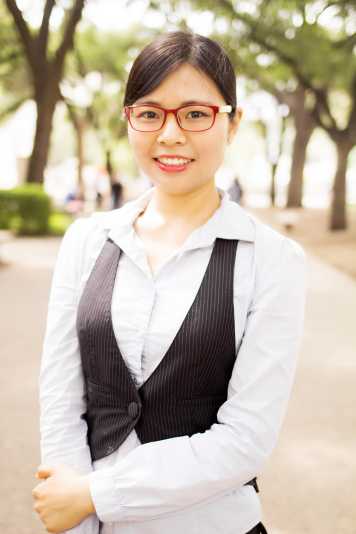
Yunan Yang received her Ph.D. in Mathematics under the supervision of Prof. Bjorn Engquist from the University of Texas at Austin. Before joining ITS as an Advanced Fellow, Yunan spent three years at Courant Institute of Mathematical Science at New York University as a Courant Instructor. Her current research focuses on computational mathematics, especially developing numerical methods for computational inverse problems, PDE-constrained optimization, and computational optimal transport with data science applications.
